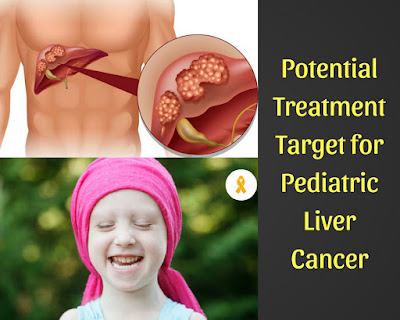Iron supplements: Influence the development of colon cancer
According to a new study, two common iron compounds increase
the formation of a known biomarker for cancer. The two compounds, ferric
citrate and ferric EDTA, are often used in dietary supplements and as a food
additive respectively, in worldwide markets. Ferric citrate and ferric EDTA
have both previously been shown to worsen tumour formation with colon cancer as
per research. The effect of normal supplemental
doses of these compounds on two types of cultured human colon cancer cells have
done. As a comparison, they measured the effects of ferrous sulphate, another
very ordinarily available iron compound. While ferrous sulphate had no effect,
both ferric citrate and ferric EDTA caused an increase in cellular levels of amphiregulin, a biomarker for cancer. This was the case even at low doses.
It can be concluded that ferric citrate and ferric EDTA might
be carcinogenic, as they both increment the formation of amphiregulin, a known
cancer marker most frequently related with long-term cancer with poor
prognosis. Nowadays there are numerous diverse types of iron supplements on the
market. These can be based on at least 20 different iron compounds, and sold
beneath a wide run of brands. Ferric sulfate is one of the most common, but
ferric citrate, which is said to be gentler for the stomach, is too broadly
accessible in stores and online. It is moreover more effectively absorbed by
the body through foods such as granary bread, beans and nuts. But for customers
looking to make an educated choice, it can frequently be difficult to know what
precisely they are buying. This increases the risk of colon cancer in people.
Iron is also added to some foods, to combat iron deficiency.
Ferric EDTA is approved as a fortifying agent in USA as well as EU. It is also
used in countries such as China, Pakistan, Brazil, Mexico and The Philippines,
where it is added to flour and powdered drinks. Additionally, it is present in
certain medicines for children with low iron levels in countries such as the UK
and France.
Most of the iron that the body needs is obtained through food
such as meat, fish, vegetables, fruits and whole grains. But sometimes this is
not enough. Pregnant women may need additional iron, as well as people who have
lost blood or have low haemoglobin levels for other reasons. In patients with
kidney disease, high doses of iron may be needed to bind phosphates into the
bloodstream.






Comments
Post a Comment